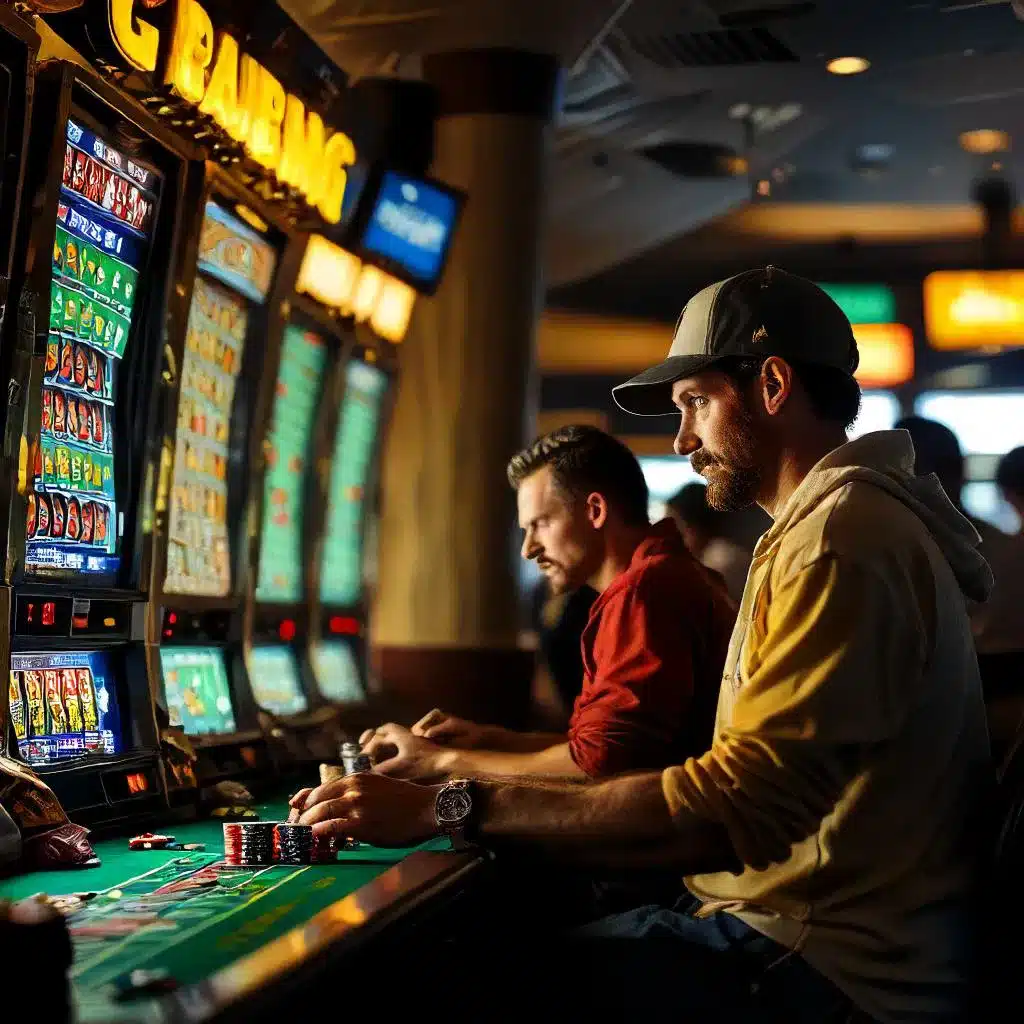As online gambling gains popularity nationwide, understanding the specific legal landscape in individual states like Minnesota becomes crucial for both residents and visitors who wish to partake in these activities. Minnesota’s approach to online gambling is characterized by a mix of federal and state regulations that influence how and where residents can gamble online. This guide will navigate the current legal framework, specific state regulations, and the future outlook of online gambling laws in Minnesota.
Current Legal Framework for Online Gambling
Federal laws and state-specific regulations primarily influence Minnesota’s legal stance on online gambling. Currently, the state does not have legislation explicitly allowing most forms of online gambling; however, it does not specifically prohibit residents from participating in online gambling activities either. This gray area leaves many Minnesotans turning to offshore gambling websites that operate outside of US legal jurisdiction.
Under the Federal Wire Act and the Unlawful Internet Gambling Enforcement Act (UIGEA), the focus is more on the operators than individual players. These laws make it illegal for companies to accept money associated with online betting and wagering knowingly but do not make it illegal for individuals to place bets. Thus, while no Minnesota law explicitly outlaws online gambling, the state does not provide licenses or regulate online gambling platforms either.
Furthermore, Minnesota allows various forms of in-person gambling, including tribal casinos, a state lottery, and horse racing. The Minnesota Gambling Control Board and the Minnesota Racing Commission heavily regulate these forms of gambling, ensuring that they operate within the legal boundaries set by the state.
Specific Regulations Affecting Online Gambling
In Minnesota, certain types of online gambling are allowed. For instance, online lottery purchases were briefly permitted before being repealed, and horse race betting is legal online through platforms like TVG and TwinSpires. These are examples of the limited online gambling options legally available within the state.
The tribal casinos in Minnesota, which are significant players in the state’s gambling landscape, do not currently offer online casino games as part of their gambling services. This is due to the state’s agreements with these tribal entities, which do not extend to the authorization of online gambling activities beyond horse racing and other specific betting forms.
The legality of daily fantasy sports (DFS) in Minnesota also highlights the state’s complex approach to online gambling. While a bill to explicitly legalize and regulate DFS was introduced, it has not yet passed, leaving the legality of DFS in a somewhat undefined state. Despite this, major DFS operators like DraftKings and FanDuel do accept players from Minnesota, operating in a legal gray area under the argument that DFS is a game of skill rather than chance.
Future Outlook and Changes in Legislation
The future of online gambling laws in Minnesota remains a topic of ongoing debate among lawmakers, gambling stakeholders, and the public. There is potential for the state to embrace a more regulated online gambling environment, as seen in other states where online gambling has been legalized and regulated, bringing additional revenue to state coffers.
Recent legislative efforts and discussions suggest a growing interest in expanding the scope of legal online gambling in Minnesota. For example, the push for sports betting legalization has been gaining momentum, and if passed, it could pave the way for more comprehensive online gambling regulations. Observers and stakeholders are closely monitoring these developments, as changes in the legal framework could significantly impact how Minnesotans engage with online gambling platforms.
Minnesota’s online gambling laws currently present a complex landscape that reflects broader trends and legal considerations affecting the gambling industry in the United States. While the state has taken cautious steps toward legalizing certain types of online gambling activities, significant areas remain unaddressed by specific state legislation.
Minnesota may revisit and potentially revise its stance on online gambling as the national landscape continues to evolve. For residents and visitors, staying informed about these laws is crucial to navigating the legalities of online gambling responsibly and effectively in Minnesota. Understanding the existing laws, recognizing the limited legal online gambling options, and keeping abreast of legislative changes are all essential for anyone involved in or interested in online gambling in the state. Finally, if you are looking for legal ways to gamble, check out this article on the best Minnesota online casinos for safe and mindful gaming!


